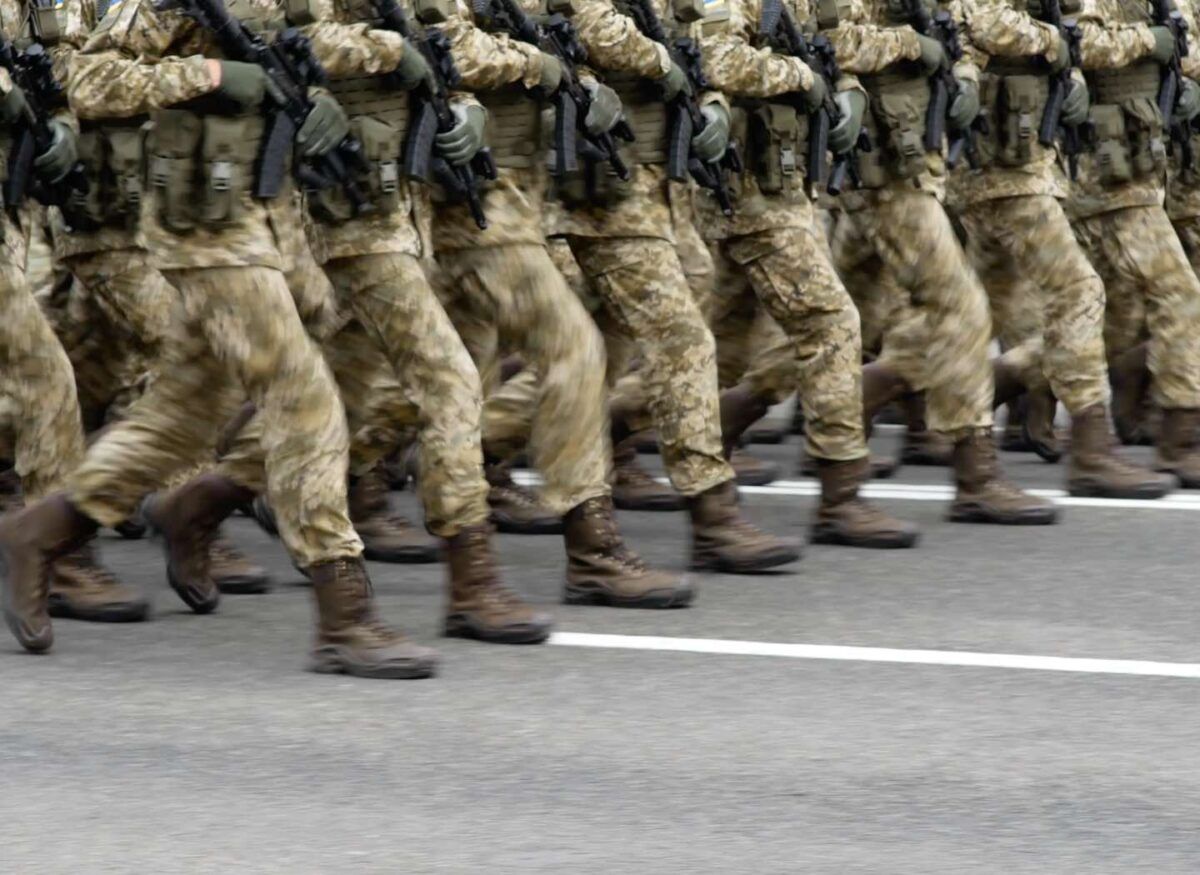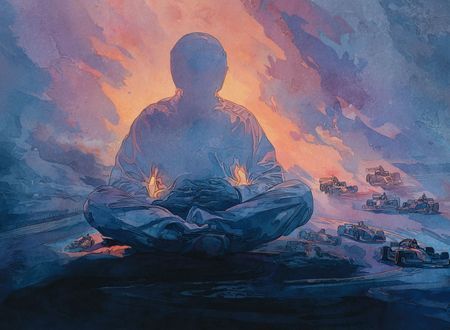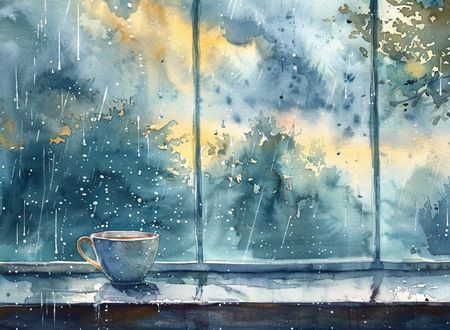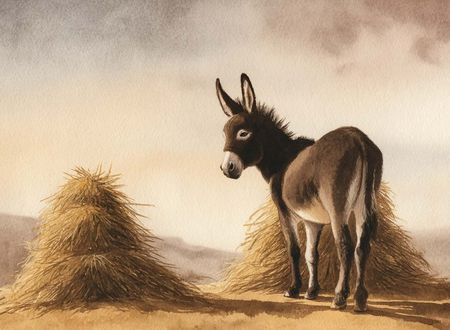The young man on the hospital bed came back to consciousness slowly and reluctantly, almost as though he knew and dreaded the shock that awaited him.
He looked up at the ends of his arms, wrapped in bandages. He looked up at his stumps at the end of his arms, and everything inside him went cold and numb. His hands were gone.
“What good am I now?” he thought bitterly. “What can a man do without hands? My life is over.”
A sergeant paratrooper in World War II, Harold Russell lost his hands in an accident in a training camp. In the first agonizing weeks after the accident, he was overwhelmed by a sense of failure and defeat. Terrified at the idea of going through life with steel hooks instead of hands, he dreaded the thought of leaving the hospital someday and going out among people again.
One day Charley McGonegal, who had lost his own hands in World War I, visited Russell in the hospital. He made the injured paratrooper see that the first and greatest obstacle he had to overcome was himself. He must conquer his bitterness and fear, the older man told him. He must reconcile to his loss and adjust himself to it. There was a quotation from Emerson that had always helped him—perhaps it would help young Russell, too: “For everything you have missed, you have gained something else.”
It did help. But when the Major told him he’d soon be well, soon be going home, he was filled with panic and doubt again. How would he manage—how would he get along?
“There’s one thing you ought to keep in mind, Russell,” the Major said. “You are not crippled; you are merely handicapped.”
What difference did it make, Russell thought. Crippled or handicapped; it was all the same. But was it? He went to the hospital library and looked up the two words. Crippled meant “disabled, incapable of proper or effective action.” Handicapped meant “any disadvantage or hindrance making success in an undertaking more difficult.”
He still had a chance, he could still succeed. It would be tougher to win, but he could win. That was the important thing. That was what he must keep thinking about… that, and what Charley McGonegal had told him. From then on Russell forced himself to keep those two thoughts uppermost in his mind. He was not crippled he was handicapped. And for everything he missed, he gained something else.
Slowly but surely Harold Russell fought his way back from bleak despair to radiant triumph and victory. Playing a leading role in The Best Years of Our Lives, he won two of Hollywood’s prized Academy Awards. Writing about it later, he said:
“I think it was Emerson who said that a man’s weakness is often his greatest strength. Waking up in a hospital bed at Camp Mackall to find that I had no hands, I wasn’t quite ready to believe that. But in the years since then I have discovered and rediscovered that truth over and over again.
“In one way or another, each of us must pass through the fires at least once in his lifetime. Each of us must find out for himself that his handicaps, his failures and shortcomings must be conquered or else he must perish…
“There is no easy formula for a happy living. But there is one simple thought I should like to pass on that may help prevent much vain regret and self-defeat. It is not what you have lost, but what you have left that counts. Too many of us squander precious energy, time, and courage dreaming of things that were and never can be again, instead of dedicating ourselves to realities and the heavy tasks of today…
I read this story in Light from Many Lamps by Lillian Watson. I’ve [heavily] edited the text for brevity (while retaining the author’s emphasis and nuances). While it is a story of someone’s hope and triumph, I thought the distinction between handicapped and crippled was rather noteworthy.
It is entirely up to us to master the mindset of adaptability and flexibility. You can be rigid about something and the world will feel an increasingly difficult place, or you can back off a bit, laugh at the joke this life is and experience a surge of bliss in your everyday life. The choice is yours. Noting the difference in the words handicapped vis-a-vis crippled, reminded me of this joke I once heard in Dave Chappelle’s standup. As follows:
Dave wasn’t allowed to touch the thermostat while growing up. He layered up as much as he could and complained of feeling cold but his father wasn’t having any.
“I hate being poor,” he said to his father.
“David, David, David,” his father said, a little upset, and throwing his newspaper on the floor. “You are not poor. Poor is a mentality. It’s a mentality that very few people recover from, don’t you ever forget it.”
“You, my son,” he continued, “you are broke.”
Ever so often in life, we mistake inconveniences for problems. Minor discomforts become major issues then. We make our failings our limitations that derail us as opposed to our lessons we could learn from and move on. We let our faults, and not our intentions, define us thereby drilling giant holes in our self-confidence, hopes and dreams. I guess there’s hardly anything in my message that you don’t already know. And that’s the thing: you already know what you need to know to take your life to the next level, and yet we let our setbacks infuse fear and doubt in us. As much as it is natural, it doesn’t have to stop us from marching on.
If you keep at it, this way and that, it’s only a matter of time that something desirable will emerge, one way or another.
And so, march on, trooper! After all, it is not what you have lost, but what you have left that counts.
Peace.
Swami
Have you ordered your Sadhana Tablet yet?
A GOOD STORY
There were four members in a household. Everybody, Somebody, Anybody and Nobody. A bill was overdue. Everybody thought Somebody would do it. Anybody could have done it but Nobody did it.
Don't leave empty-handed, consider contributing.It's a good thing to do today.









Comments & Discussion
198 COMMENTS
Please login to read members' comments and participate in the discussion.